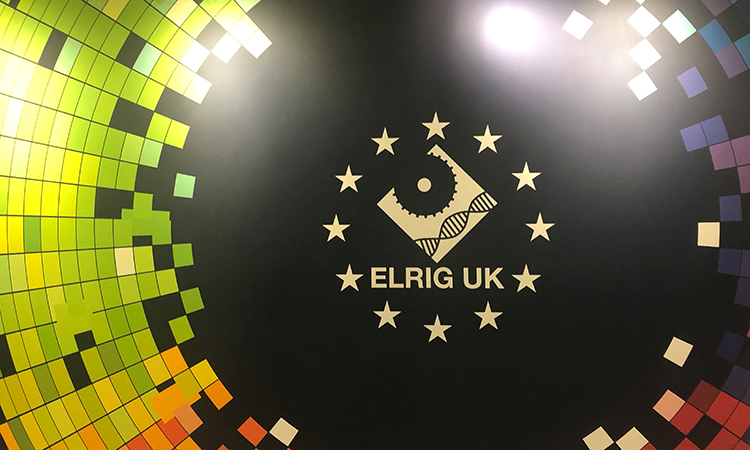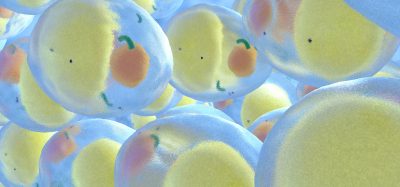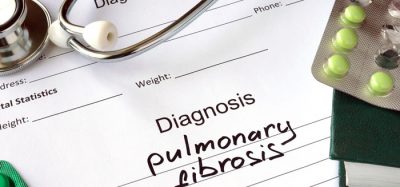Drug Target Review’s highlights from ELRIG Drug Discovery 2022
Posted: 6 October 2022 | Ria Kakkad (Drug Target Review), Victoria Rees (Drug Target Review) | No comments yet
Victoria Rees and Ria Kakkad from Drug Target Review bring you the key takeaways from the ELRIG Drug Discovery 2022 event in London.


Attending this year’s ELRIG Drug Discovery 2022 in London, Drug Target Review heard from Dr Molly Stevens, Professor of Biomedical Materials and Regenerative Medicine at Imperial College London, at the Keynote Presentation. Stevens spoke about new technologies for the design and characterisation of nanotechnology-mediated therapeutics.
“What we are interested in is the interface between tissue repair, disease detection and characterisation,” she explained. Stevens explored her team’s nanomedicine portfolio, including nanosensors for diagnosing and monitoring infectious and non-communicable diseases, nanomimicking approaches for virus and parasite host cell entry inhibition and high molecular weight polymer carriers for enhanced delivery of saRNA therapeutics.
“Other things we are interested in is how cells interact with surfaces… particularly, by changing chemical interfaces, you can change cell outcomes,” she added.
Biomarkers aren’t just supporting drug discovery – they’re driving it
FREE market report
From smarter trials to faster insights, this report unpacks the science, strategy and real-world impact behind the next generation of precision therapies.
What you’ll unlock:
- How biomarkers are guiding dose selection and early efficacy decisions in complex trials
- Why multi-omics, liquid biopsy and digital tools are redefining the discovery process
- What makes lab data regulatory-ready and why alignment matters from day one
Explore how biomarkers are shaping early drug development
Access the full report – it’s free!
Stevens also spoke about advances in Raman spectroscopy for high-throughput label-free characterisation of single nanoparticles that enables the analysis of a broad range of bio-nanomaterials, including polymer particles, liposomes and extracellular vesicles. She also discussed a cell interfacing nanoneedle platforms for multiplexed intracellular biosensing at sub-cellular resolution and modulation of biological processes, and also explored how these versatile technologies can be applied to transformative biomedical innovations.
Day 2 of the drug discovery event opened with a great Keynote from Dr Rabinder Prinjha, Head of Immunology Research Unit at GSK. Pringjha spoke about the importance of generating high quality human data and integrating these datasets, which can allow researchers to prioritise hits genetics and functional genomics screens.
Data was also a key theme in a presentation given by Dr Joshua Kangas, Assistant Teaching Professor at Carnegie Mellon University. In the recent years, the industry has seen many organisations moving to machine learning-based strategies for development. Kangas argued that a challenge from this method is that the predictive models learned during these processes are only as good as the data used in training; while researchers can generate large datasets quickly and reproducibly using laboratory automation, they may not actually contain enough informative data to learn accurate predictive models.
To address this problem for complex systems, Kangas suggested artificial intelligence-driven closed loop experimental processes be used to choose which experiments to run next to maximise information gain relative to experimental expenditures. This can therefore yield more accurate predictive models with lower experimental expenditures.
Other fascinating talks at ELRIG included “Optimising proteolysis-targeting chimeras (PROTACs) for oral drug delivery – design tips and tricks” by Dr Jamie Scott, Director of Medicinal Chemistry at AstraZeneca, “TCR Evolution, revolution: How Adaptimmune is developing innovative TCR T-cell therapies to treat solid tumours” by Dr Jo Brewer, Chief Scientific Officer of Adaptimmune and “Organoid biobanks for cancer drug discovery” by Dr Matthew Garnett, Senior Group Leader at Wellcome Sanger Institute and Co-founder and Chief Scientific Officer at Mosaic Therapeutics, along with many more.
It was excellent to hear from and see so many scientists and experts at the forefront of drug discovery. From this ELRIG event, it was clear that key progress is being made in the lab that can help progress new therapeutics towards the clinic.
Related topics
Drug Development, Drug Discovery, Drug Discovery Processes, Nanomedicine, Nanoparticles, Nanotechnology, Technology, Therapeutics
Related organisations
Adaptimmune, AstraZeneca, ELRIG, Imperial College London, Mosaic Therapeutics, Wellcome Sanger Institute
Related people
Dr Jamie Scott, Dr Jo Brewer, Dr Matthew Garnett, Dr Molly Stevens








